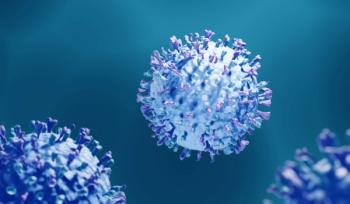
Additionally, infants that were less than 3 months and born prematurely were more at risk of intubation when in the intensive care unit for respiratory syncytial virus.


Survey Results Find High Rate of Inadequate Health Care Coverage Among US Children

Additionally, infants that were less than 3 months and born prematurely were more at risk of intubation when in the intensive care unit for respiratory syncytial virus.

Additional doses for the prophylaxis of respiratory syncytial virus will immediately be distributed to physicians and hospitals through commercial channels and the Vaccines for Children Program.

It will be interesting to see RSV hospitalization rates over this upcoming season following the rollout of RSV vaccines and monoclonal antibody administration.

The genes that predispose a person to sleep problems can impact that person across their entire lifetime, so interventions targeted toward a younger audience could be beneficial.
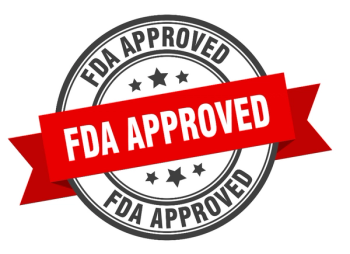
The on-demand enzyme replacement therapy reduced acute thrombotic thrombocytopenic purpura events in patients who experience potentially fatal blood clotting.
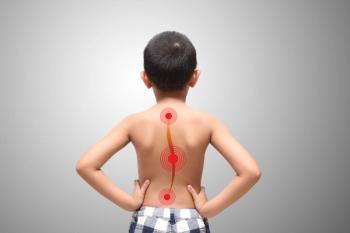
Socioeconomic, racial, and insurance disparities impact individuals' health before and after receiving surgery to treat adolescent idiopathic scoliosis.
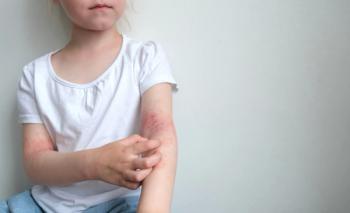
It's key for clinicians to optimize therapy prior to systemic agents.
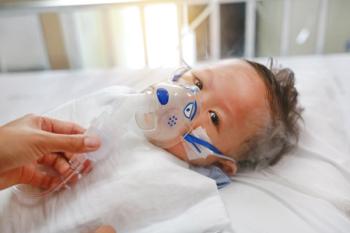
Infants younger than 6 months old are the highest risk for severe RSV infection, so researchers aim to target this group for prevention methods

Children with a score of higher than 30 on the CHALF Score scale will need an emergency transplant.
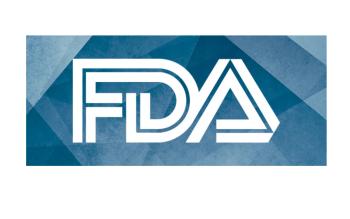
The approval is supported by safety data from clinical trials assessing abatacept in the treatment of patients aged 2 to 17 with psoriatic arthritis.

Vosoritide is a daily injection for children with achondroplasia who have open epiphyses, given under the skin and administered by a caregiver.
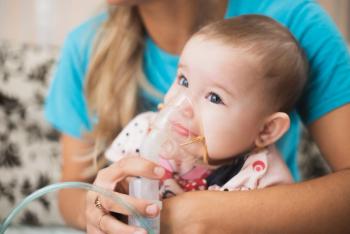
Nirsevimab-alip (Beyfortus; Sanofi and AstraZeneca) is a monoclonal antibody approved to prevent against respiratory syncytial virus (RSV) lower respiratory tract disease in newborns and infants under 8 months of age born during or entering their first RSV season.

In a recent study, approximately 99% of children who received solid organ transplant and live vaccination against rubella had antibodies 1 to 3 months post-vaccination.

Latinx teens suffering with mental health issues are at risk of developing cardiovascular conditions in their future.

Adolescents with mental health conditions must be monitored as they are at a higher demand for the need of mental health care.

Contrary to earlier advice, new research suggests introducing infants to potential allergens early may reduce risk of developing allergies to those foods

The study authors note that it is important for expectant mothers to use antibiotics appropriately and when necessary, as well as monitor their child after birth.

Parents are not fully educated on the risk of meningitis infection and preventive efforts for their children.

Roflumilast is the first topical agent indicated to treat psoriasis in sensitive intertriginous areas of the skin.

Investigators found that the adjusted mean change in A1C was –0.62% for dapagliflozin compared to 0.41% for a placebo in patients with type 2 diabetes.

Study shows a a significant burden of hospitalizations associated with respiratory syncytial virus during the 2021-2022 season compared with the prepandemic period.
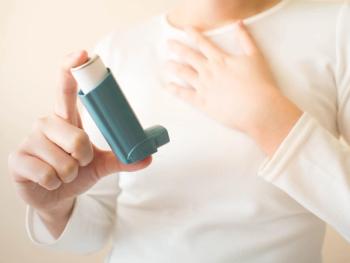
A workgroup of asthma treatment experts introduced 6 new criteria that those diagnosed with asthma must meet to be in remission.
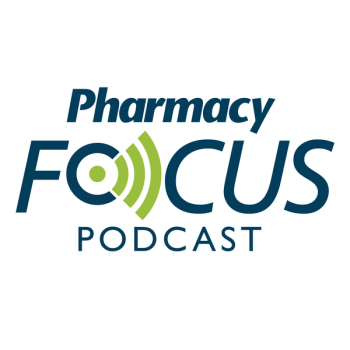
In this final episode, we spoke with Claudia Fox, MD, MPH, FAAP, an associate professor of pediatrics at the University of Minnesota Medical School in Minneapolis.

As the resident medication experts, pharmacists are qualified to answer any medication-related questions and conduct data analyses.
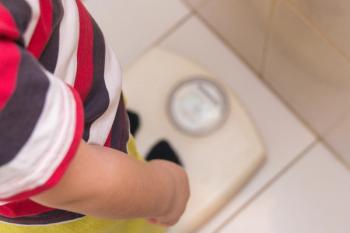
Only 1% of children experienced obesity remission and lower socioeconomic status was connected to a worsened trajectory.